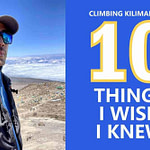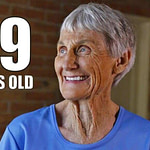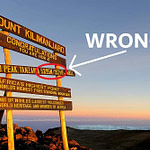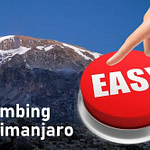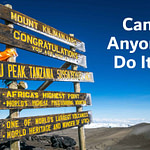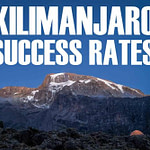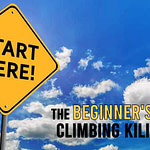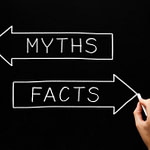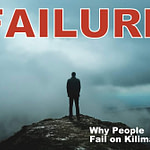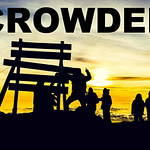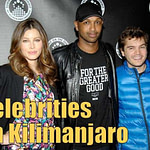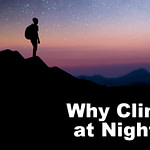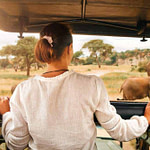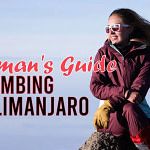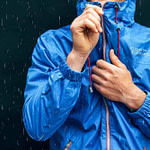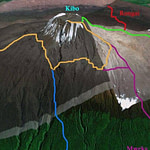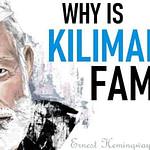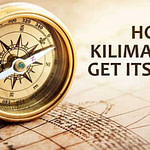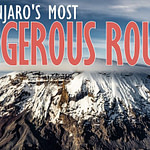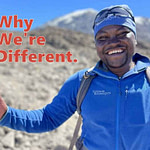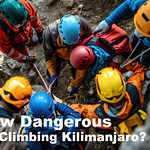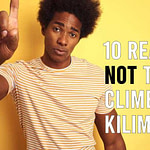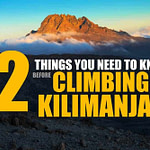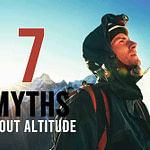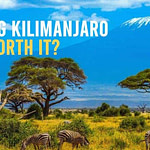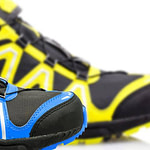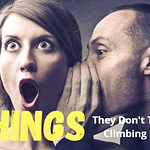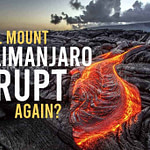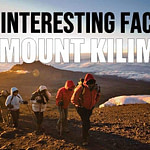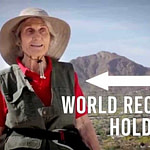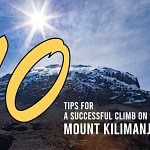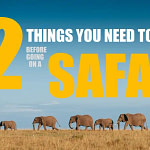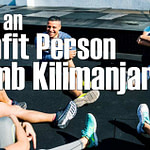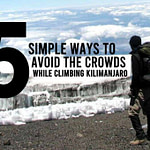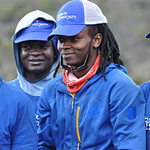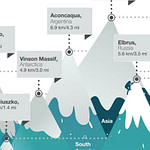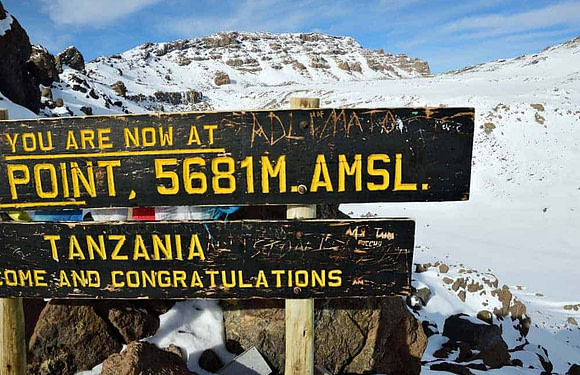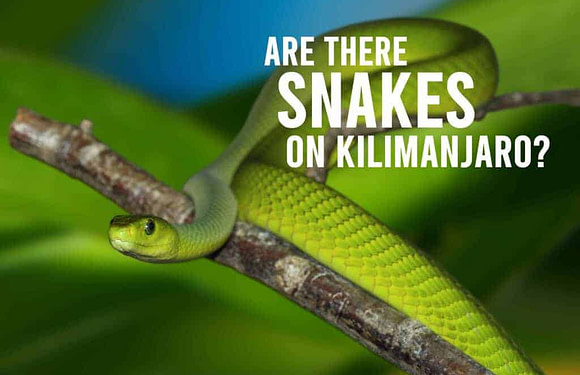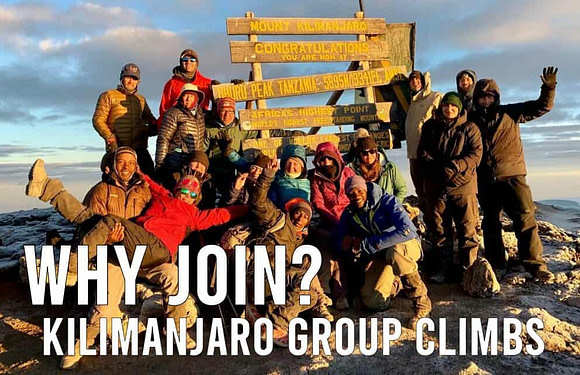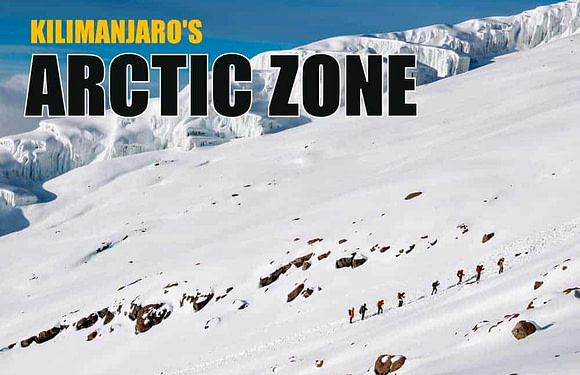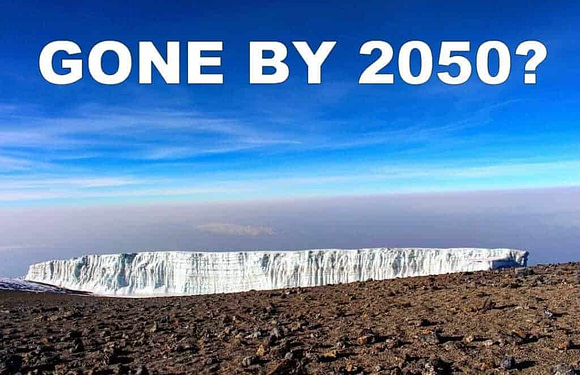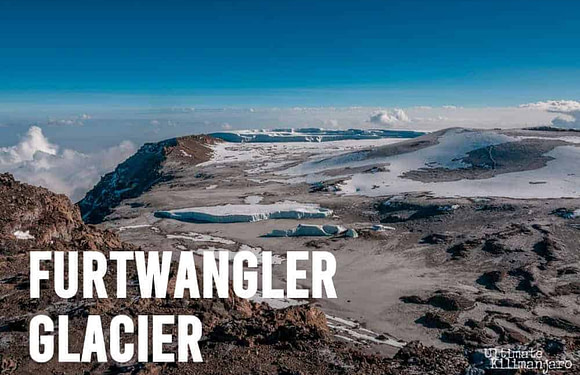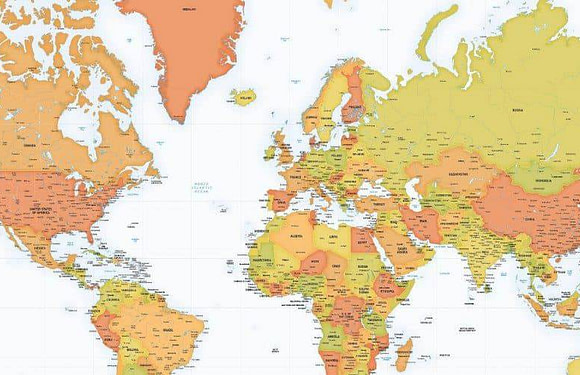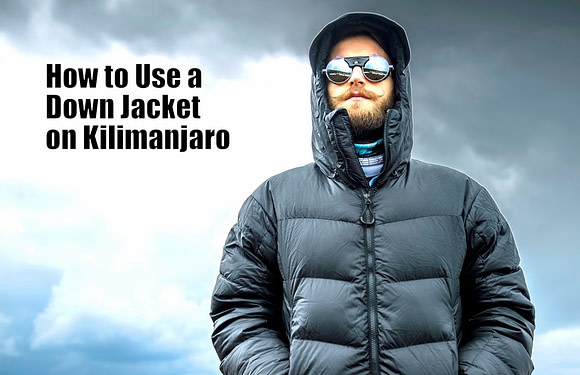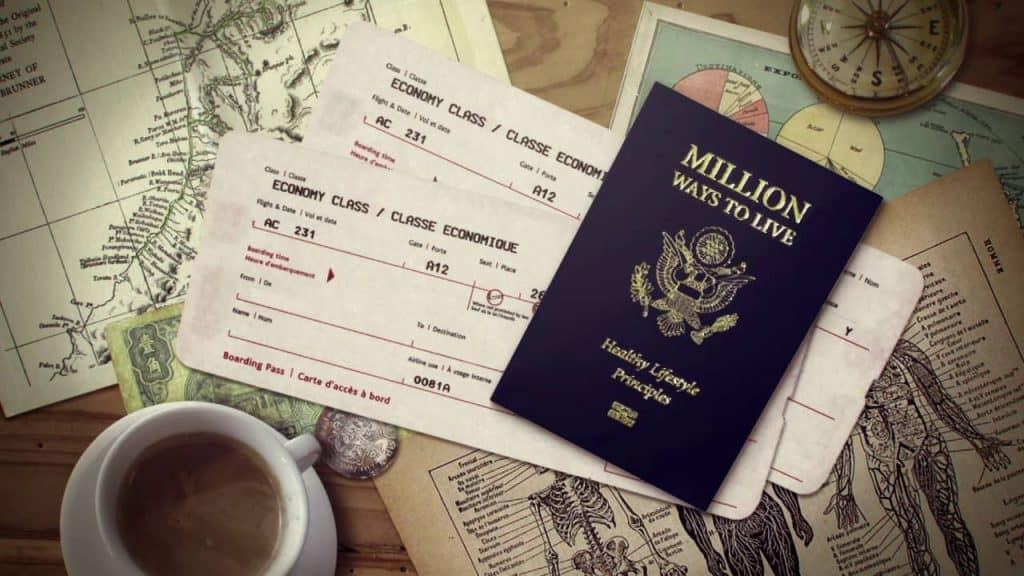
What’s it like climbing Kilimanjaro? In this episode of Million Ways to Live, author and documentary filmmaker, Luke Sniewski, along with professional mountain guide, Eli Mamuya, show what it takes to climb Mount Kilimanjaro.
Luke: What you see behind me is the world’s tallest freestanding mountain. Mount Kilimanjaro is the pride of Tanzania and represents the social, economic and agricultural foundation of this region. Today on Million Ways to Live, we meet someone whose job is leading people as they achieve their lifelong dream of reaching the roof of Africa.
Eli: My name is Elibahati and I’ve been on top of Kilimanjaro over 100 times. The word Kilimanjaro is the first part Kilima means mountain. Njaro means God. For those who are living on the wind side of the mountain. This mountain helps us. As a source of rain, the people who are living around here. The eggplant, bananas, coffee, corn, beans. It helps alot with agricultural especially.
Luke: Eli has wanted to be a guide since early childhood. Growing up only one kilometer from the national park entrance, he spent his childhood talking to travelers. And the soft skills he learned made him the guide he is today.
Eli: I do enjoy working with people. The way I do inspire my clients to reach the top, I do encourage them to eat as much as they can, drink well, an stay positive.
Luke: Less than 50% of those that attempt to summit Kilimanjaro succeed, mostly due to the harsh cold weather conditions of summit day or because of succumbing to intense altitude sickness. Eli and his team manage the challenging task by conducting health checks twice daily and making sure everyone is eating and drinking plenty of water. Their best strategy for client success, however, is setting a slow and steady hiking pace.
Eli: I said, “Pole, pole.” “Pole, pole” meaning “slow pace, no rush.” And we even sometimes advise clients to stay longer days on the mountain because that helps with acclimatization. You get used to altitude, so they can’t affect you even getting to the very top.
Luke: We’re nearing the end of day four and all of us are feeling the altitude a little bit. We’ve got light to moderate headaches but we’re doing the best we can. We’re moving. We’re doing burpees and exercising at 4,200 meters. I don’t know if that strategy will pay off but we’ll see when we get to the top, if we get to the top. But our spirits are high. The porters are singing and dancing. And we’re getting good meals and we’re just going to keep it going.
Porters signing: Jambo, bwana! Habari gani! Mzuri sana!
Eli: “Hakuna matata” – basically this word is from Kenya – Kenyan Swahili – meaning “No worries.” While you are in Kilimanjaro we like to tell the clients “Hakuna matata” so you don’t have to worry. You are with the guides taking care of you. So hakuna matata.
Luke: Mount Kilimanjaro is symbolic for a life well lived. Throughout life there are peaks and valleys that are fun, challenging and stressful all at the same time. But regardless of what happens you need to keep moving forward one pole pole step at a time. And just like Kilimanjaro there are guides like Eli who want nothing more than to help you reach your goals.
Easily the hardest thing I’ve ever done in my life by far. Eli, thank you so much for motivating, inspiring.
Eli: When will you come back again? Will you come back?
Luke: When my son is old enough to do it. Are you going to guide my son?
Eli: OK, I will.


